Blood Thinners and Alcohol: Everything You Need to Know
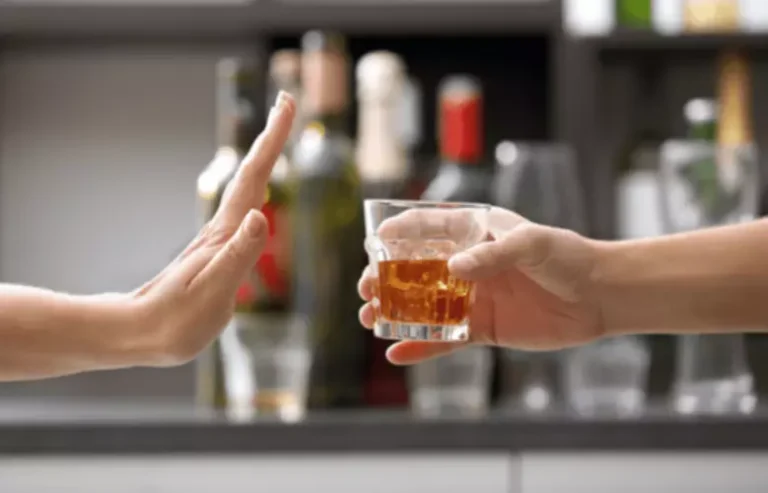
Blood thinners, or anticoagulants, are life-saving medications prescribed to prevent blood clots. However, when mixed with alcohol, these drugs can lead to adverse effects. Sometimes, however, a blood clot can appear in an artery that supplies your heart or brain with oxygen-rich blood. When a clot blocks blood flow to your heart, it can cause a heart attack.
Talk to Your Doctor
Did you know that alcohol is the third-leading preventable cause of death in the United States? According to the National Blood Clot Alliance (NBCA), in the U.S., more than 8 million people currently take them. People can speak to their doctor if they think they or someone they know may have AUD. Additionally, the National Institute on Alcohol Abuse and Alcoholism (NIAAA) offers guidance on finding treatment and support for AUD.
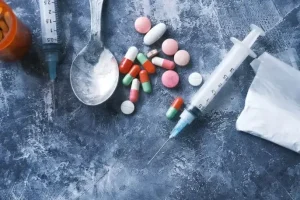
Understanding the Risks of Mixing Alcohol with Blood Thinners
- For example, people with liver problems may need to limit their alcohol use more strictly.
- Blood thinners, whether they are anticoagulants or antiplatelets, don’t dissolve the clot but they can prevent clots from forming and small clots from getting bigger.
- These changes in the blood aren’t dangerous for most people, but those on anticoagulant medications (blood thinners) should limit their alcohol intake to one standard drink per day.
- Blood clotting is essential to prevent blood loss when someone is injured or wounded.
- Secondly, drinking alcohol can interfere with how medicine works, and blood thinners are no exception.
If heavy drinking is combined with blood thinner medication, the risk of bleeding is significantly increased. Therefore, it is crucial to follow the recommended guidelines for alcohol consumption and always consult a doctor or pharmacist before consuming alcohol while taking blood thinners. Additionally, alcohol can worsen https://ecosoberhouse.com/ certain side effects of blood thinners, such as high blood pressure. For those taking anticoagulants, drinking alcohol could cause a sudden drop in blood pressure, leading to dizziness or lightheadedness. Alcohol can also increase the activity of platelets, which are responsible for forming blood clots.
The Link Between Red Wine and Healthy Hearts
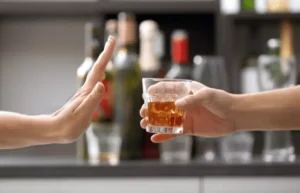
Therefore, a person should speak with a healthcare professional about whether it is safe for them to drink alcohol while taking medications. Blood clotting is essential to prevent blood loss when someone is injured or wounded. For example, if a blood alcohol rehab clot forms and limits the flow of blood in the arteries, doctors call this thrombosis. If you do drink alcohol while on blood thinners, do so in moderation. But in people who drink heavily, there can be a rebound effect in which the bleeding risk increases, even after they’ve stopped drinking.
Is It Safe to Mix Alcohol and Blood Thinners?
The National Institutes of Health also highlights the importance of understanding alcohol-medication interactions to prevent adverse health effects. Some people take medications to prevent the blood from clotting or slow the clotting process. They may refer to them as blood thinners, anticoagulants, or antiplatelet drugs. A doctor may prescribe these medications to reduce a person’s risk of heart attack and stroke. Blood thinners are drugs your doctor prescribes to prevent blood clots that can cause a heart attack or stroke. If your doctor has prescribed one of these medicines, it’s because you have heart disease or another condition that increases your risk for clots.
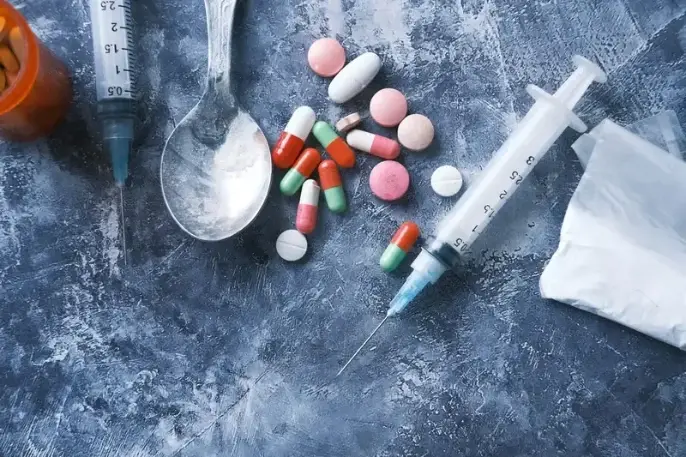
What are anticoagulants?
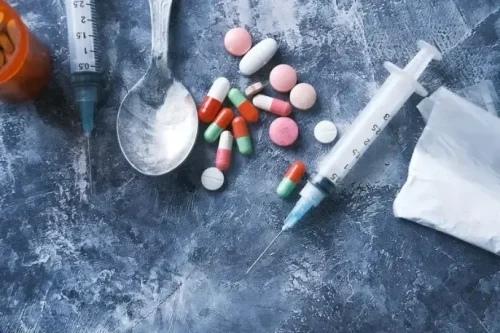
Blood thinners slow parts of this process, making blood clots form more slowly. This helps prevent blood clots from lodging in the heart, causing a heart attack; in the brain, causing a stroke; or in the lungs, causing a pulmonary embolism. Of course, if you drink alcohol, drinking in moderation is always recommended. Over-imbibing can affect how quickly your blood clots and can increase your chances of falling. Even a simple fall can give you a nasty bruise or could even cause internal blood thinners and alcohol bleeding.
- For healthy adults, doctors recommend limiting alcohol intake to a maximum of two drinks a day for males and one drink a day for females.
- You may need a dose adjustment in addition to testing of your prothrombin time (PT) or International Normalized Ratio (INR).
- It is important to be cautious and monitor for any signs of bleeding, such as easy bruising or bleeding from cuts that take longer than usual to stop.
- Blood thinners are drugs your doctor prescribes to prevent blood clots that can cause a heart attack or stroke.
- Alcohol consumption has a complex relationship with the efficacy of blood thinners.
- This interaction is particularly concerning as it can increase the risk of excessive bleeding, especially in individuals with underlying liver conditions.
